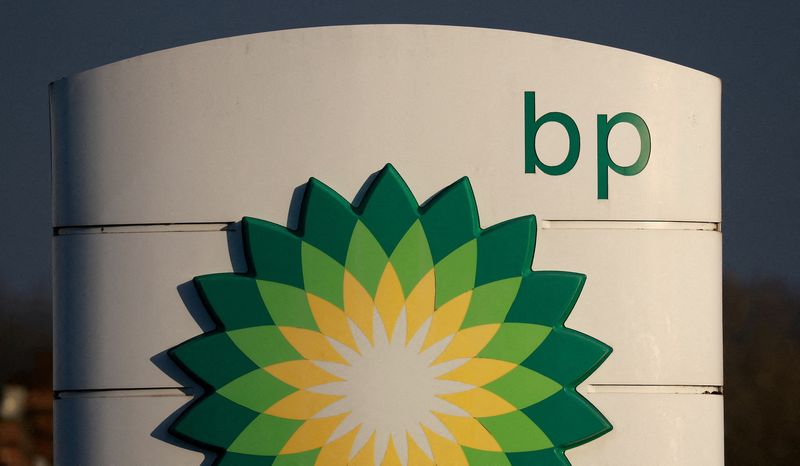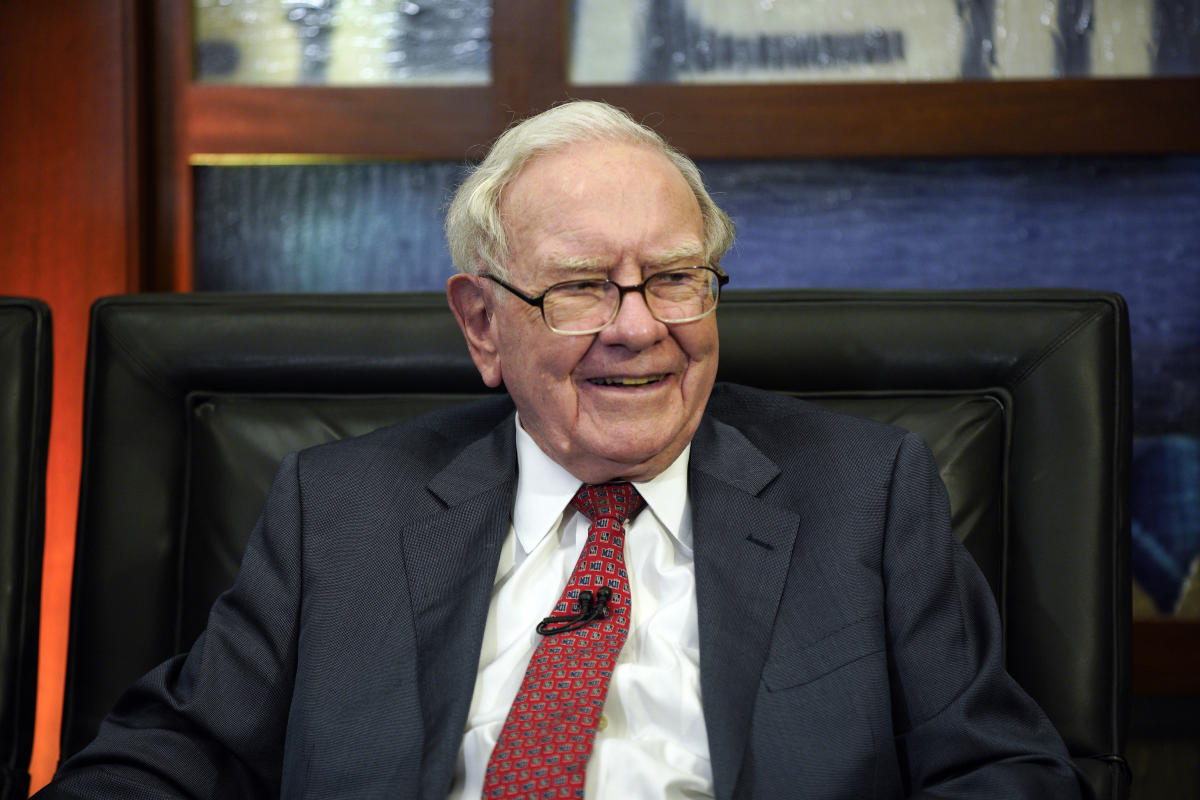
By Arunima Kumar and Anousha Sakoui
(Reuters) – BP’s (BP) chief executive will scrap a target to increase renewable generation 20-fold by 2030, returning the focus to fossil fuels, as part of a strategy shift announced on Wednesday to tackle investor concerns over earnings, two sources told Reuters.
BP’s shares have underperformed rivals in recent years and the oil major has already dropped its target to cut oil and gas output by 2030, Reuters reported in October.
On Wednesday, when BP holds a capital markets day, CEO Murray Auchincloss will tell investors the company is abandoning its target to grow renewable generation capacity 20-fold between 2019 and 2030 to 50 gigawatts, two sources close to the matter said. The plan to drop the target has not been previously reported.
BP declined to comment.
Its earnings reports show the company has 8.2 GW of renewable generation capacity, and that for 2019, BP’s net wind generation capacity reached 926 megawatts. It did not give a figure on total renewable capacity for that year.
The sources said BP will also ditch a target to reach core earnings (EBITDA) of $49 billion this year and instead set an annual percentage growth target, the sources said. They declined to be named because they were not authorised to speak publicly on the strategy change.
While BP has said in a call with analysts it could drop the targets, it has yet to formally announce any decision. BP failed to reach its 2024 EBITDA target of 40.9 billion.
The company will also make public plans to divest assets and cut other low-carbon investments to reduce debt and boost returns, the sources said.
The capital markets day was originally scheduled for February 11 in New York, but was changed to to Wednesday in London because Auchincloss had to undergo a medical procedure.
Across the energy sector, major companies that shifted their portfolios in response to the need to lower carbon emissions and curb climate change have returned the focus to oil and gas, where returns have become easier as fossil fuel prices have rebounded from pandemic lows.
The investor environment has also been transformed by the re-election of U.S. President Donald Trump, a climate sceptic and advocate of fossil fuels.
Pressure has become intense on BP after activist investor Elliott Investment Management built up a nearly 5% stake.
Elliott, known for pushing changes at companies such as Honeywell and Southwest Airlines, is demanding an overhaul, including tighter cost discipline at BP.
A separate source familiar with the matter told Reuters Elliott wanted BP to scale down its green energy spending and sell assets such as wind and solar.
BP would also benefit from selling its Castrol lubricants and its network of service stations to unlock value and boost share buybacks, added the source, who also asked not to be named.
Under Auchincloss’ predecessor, Bernard Looney, BP pledged in 2020 to cut oil and gas output by 40% while rapidly growing renewables by 2030.
BP lowered the reduction target to 25% in 2023.
Since taking office, Auchincloss has slowed investments in renewables and announced plans to cut costs and reduce staff by 5%.
BP could on Wednesday announce cuts to its annual low-carbon capex by $2-$3 billion, analysts at Bank of America said. BP’s 2024 capital spending was $16.24 billion.
(Reporting by Arunima Kumar and Anousha Sakoui; editing by Barbara Lewis)
EMEA Tribune is not involved in this news article, it is taken from our partners and or from the News Agencies. Copyright and Credit go to the News Agencies, email news@emeatribune.com Follow our WhatsApp verified Channel




